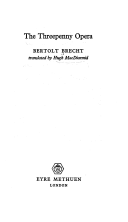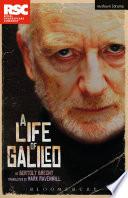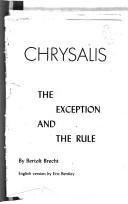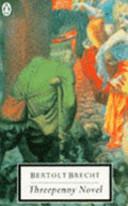Explore the thought-provoking quotes of Bertolt Brecht, a renowned playwright and poet who challenges conventional thinking, inspires change, and offers powerful insights into the human condition, society, and politics. Gain a deeper understanding of the world through his perspective.
Bertolt Brecht, born Eugen Berthold Friedrich Brecht on February 10, 1898, was a German theatre practitioner, playwright, and poet. He rose to prominence during the Weimar Republic and collaborated with renowned composers such as Kurt Weill and Hanns Eisler. Deeply influenced by Marxist thought, he became known for his didactic Lehrstücke and his contributions to epic theatre. Brecht fled Nazi Germany and spent time in Scandinavia before moving to the United States during World War II, where he was closely monitored by the FBI. After being subpoenaed by the House Un-American Activities Committee, he returned to East Berlin after the war and founded the Berliner Ensemble theatre company with his wife Helene Weigel.
Born into a middle-class family in Augsburg, Germany, Brecht grew up with a strong influence from both Protestantism and Roman Catholicism. His upbringing exposed him to the Bible, which would profoundly impact his writing style. During World War I, he rebelled against nationalism and expressed anti-war sentiments in his writings. He enrolled in medical school at Munich University as a means of avoiding military conscription but soon began studying drama under Arthur Kutscher. In 1924, Brecht moved to Berlin and began working at Max Reinhardt's Deutsches Theater as an assistant dramaturg. Throughout his career, he collaborated with various artists and writers such as Lion Feuchtwanger and Erwin Piscator while developing his own distinct theatrical style.
Brecht's works often tackled socio-political issues, employing techniques like montage and alienation effects to distance audiences from emotional identification with characters. His most famous works include "The Threepenny Opera" and "Mother Courage and Her Children." Brecht's unique approach to theatre has had a lasting impact on the art form worldwide.
✵
10. February 1898 – 14. August 1956
•
Other names
Bertold Brecht,
Бертольд Брехт




